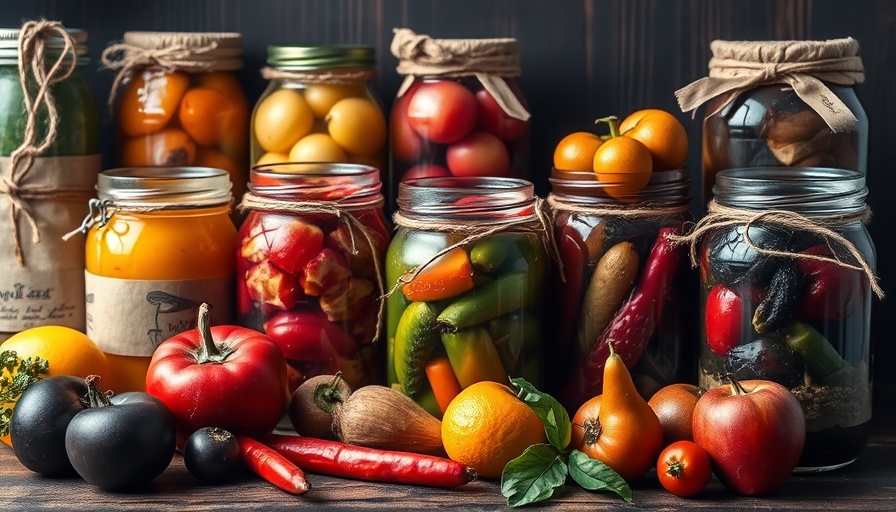
Discover the Benefits of Probiotics and Prebiotics for Your Health
In our bodies, trillions of bacteria reside, especially in our gut. Keeping these microorganisms healthy is crucial, as it contributes significantly to our overall wellbeing. But how do we ensure that our gut bacteria thrive? Let's delve deeper into the world of probiotics and prebiotics, their differences, and their benefits.
Understanding Probiotics: What Are They?
Probiotics are live bacteria and microorganisms that positively affect your health when consumed in adequate amounts. However, not every bacterium can claim this title—only robust and effective strains qualify. The World Health Organization (WHO) states that for a bacteria to be labeled as a probiotic, scientific evidence must prove that it improves health outcomes. These beneficial bacteria must survive the journey through your gastrointestinal tract, resisting stomach acids and bile in order to reach the intestines effectively.
The Importance of Prebiotics: Feeding Good Bacteria
While it may seem that the terms prebiotics and probiotics are interchangeable, they refer to different substances. Prebiotics are non-digestible food components that feed the good bacteria in your gut. They play a pivotal role in promoting the growth of beneficial gut flora by providing the necessary nourishment. Examples include fermentable fibers found in various plant-based foods.
Common Sources of Probiotics
Probiotics are present in several foods and supplements. Fermented products, like yogurt, kefir, sauerkraut, and kimchi, are significant sources of probiotics. These foods not only introduce good bacteria into your gut but also provide essential nutrients that boost your immune system. Additionally, many drinks and yogurts commercially produced add probiotics, amplifying health benefits.
Popular Prebiotic Foods to Incorporate into Your Diet
To support the growth of these essential bacteria, incorporating prebiotic-rich foods is advisable. These foods include:
- Inulin: Found in onions, bananas, and asparagus, this prebiotic facilitates calcium absorption, strengthening your bones.
- Fructo-oligosaccharides (FOS): Present in leeks, garlic, and artichokes, FOS promotes a healthy digestive system.
- Pectin: A soluble fiber in fruits like apples and pears, pectin enhances gut health.
These foods contribute to a balanced microbiota, which is essential for preventing digestive issues such as constipation and irritable bowel syndrome (IBS).
Why Balancing Probiotics and Prebiotics Matters
Striking a balance between probiotics and prebiotics is critical for optimal gut health. Too few probiotics can lead to disruption in the gut microbiota, which might result in digestive tract issues. Conversely, an adequate intake of prebiotics can help ensure a thriving environment that supports the growth of good bacteria. When considering supplements, consulting with a healthcare provider can provide tailored guidance for your specific health needs.
Empower Your Gut Health with Knowledge
Being informed about what probiotics and prebiotics can do for your health empowers you to make better dietary choices. With a focus on consuming a variety of fermented products alongside fiber-rich foods, you promote digestive health, enhance nutrient absorption, and improve overall wellness.
Take Action for a Healthier You
Incorporating both prebiotics and probiotics into your everyday diet can significantly improve your gut health, enhance your immune system, and contribute to your overall well-being. Consider introducing more fermented foods and fiber-rich plant-based foods into your meals. Your digestive system—and by extension, your entire body—will thank you for it!
 Rij toevoegen
Rij toevoegen






 Rij toevoegen
Rij toevoegen



Write A Comment